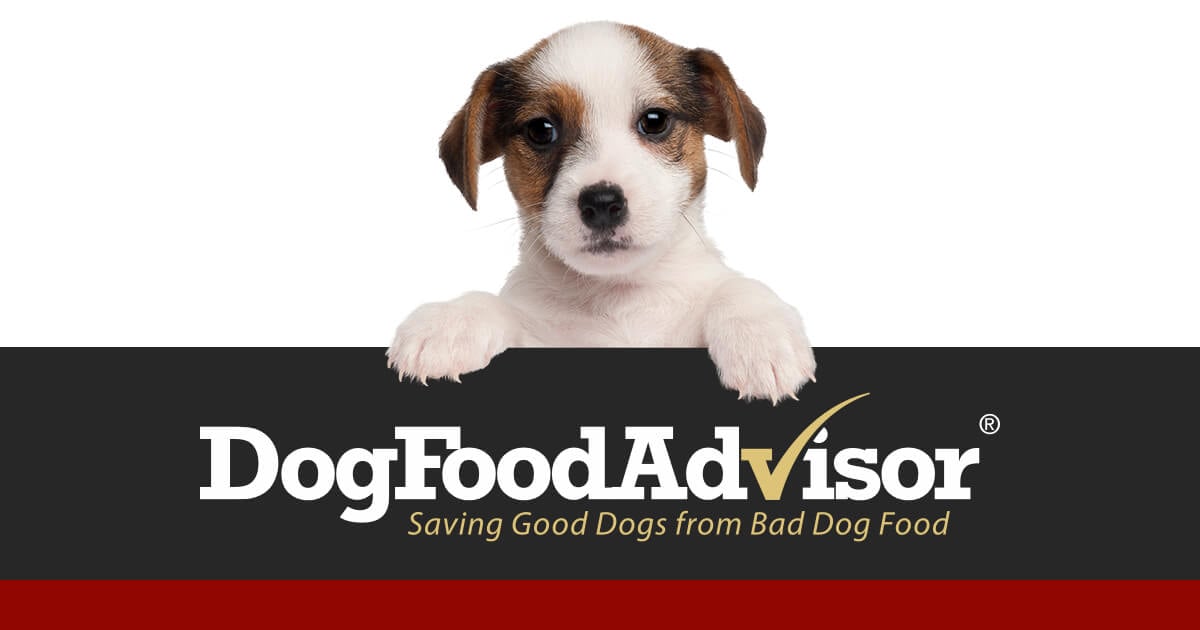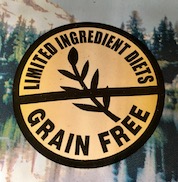TroutBum1971
Member
I feed my 3yr old dog 30/20 sport. do you think that is ok for an 8 week old pup?

Can anyone tell me the difference between puppy and adult? I know that they often advertise a difference, but when it comes to reading the actual ingredients, I never really was able to tell. I'd love to know though.
I've always just fed adult stuff to my pups. They seemed to turn out fine.

| Crude Protein (Min) | 28.0% | ||||||||||||||||||||||||||||||||||
| Crude Fat (Min) | 18.0% | ||||||||||||||||||||||||||||||||||
| Crude Fiber (Max) | 3.0% | ||||||||||||||||||||||||||||||||||
| Moisture (Max) | 12.0% | ||||||||||||||||||||||||||||||||||
| Linoleic Acid (Min) | 1.6% | ||||||||||||||||||||||||||||||||||
| Docosahexaenoic Acid (DHA) (Min) | 0.1% | ||||||||||||||||||||||||||||||||||
| Calcium (Ca) (Min) | 1.1% | ||||||||||||||||||||||||||||||||||
| Phosphorus (P) (Min) | 0.9% | ||||||||||||||||||||||||||||||||||
| Vitamin A (Min) | 15,000 IU/kg | ||||||||||||||||||||||||||||||||||
| Vitamin E (Min) | 100 IU/kg | ||||||||||||||||||||||||||||||||||
| Omega-6 Fatty Acids* (Min) | 1.8% | ||||||||||||||||||||||||||||||||||
| Bacillus coagulans* (Min) | 600 million CFU/lb | ||||||||||||||||||||||||||||||||||
| *Not recognized as an essential nutrient by the AAFCO Dog Food Nutrient Profiles. This is the Pro Plan Sport 30/20 Chicken & Rice Ingredients & NutritionChicken, corn gluten meal, rice, beef fat preserved with mixed-tocopherols, poultry by-product meal (source of glucosamine), whole grain corn, corn germ meal, dried egg product, fish meal (source of glucosamine), natural flavor, fish oil, mono and dicalcium phosphate, calcium carbonate, potassium chloride, salt, VITAMINS [Vitamin E supplement, niacin (Vitamin B-3), Vitamin A supplement, calcium pantothenate (Vitamin B-5), thiamine mononitrate (Vitamin B-1), Vitamin B-12 supplement, riboflavin supplement (Vitamin B-2), pyridoxine hydrochloride (Vitamin B-6), folic acid (Vitamin B-9), menadione sodium bisulfite complex (Vitamin K), Vitamin D-3 supplement, biotin (Vitamin B-7)], choline chloride, L-Lysine monohydrochloride, magnesium sulfate, MINERALS [zinc sulfate, ferrous sulfate, manganese sulfate, copper sulfate, calcium iodate, sodium selenite], L-ascorbyl-2-polyphosphate (Vitamin C), dried Bacillus coagulans fermentation product, garlic oil. Y446119 Manufactured and Guaranteed by: Nestlé Purina PetCare Company, St. Louis, MO 63164 USA Animal feeding tests using AAFCO procedures substantiate that Pro Plan Performance 30/20 Chicken & Rice Formula provides complete and balanced nutrition for all life stages, including growth of large sized dogs (70 lb. or more as an adult). LEARN MORE ABOUT OUR INGREDIENTS  Guaranteed Analysis�
|
Rather then get in a pissing contest about quality dog feed, I'll just say this. Be careful about 'grain free' dog food and it's link to DCM. As someone who lost a dog to DCM, I'll never feed a dog 'grain free' feed anymore.The dry kibble that I have chosen to feed my dogs is Farmina brand grain free formula.
It is the only manufacturer I know of who specifies the percentage of protein that is animal based.
It is among few that I know of that use ingredients that pass human grade quality.
The food is manufactured under European standards which are more stringent than U.S. standards.
I sometimes supplement half portions with fresh ground whole chicken of other fresh meats and vegetables, grains etc..
It's my understanding that animal feed grade of grains, especially corn, can tend to have some negative health impacts in dogs over the long term. Here is a link to the Farmina at outlined on the "Dog Food Advisor" web site.
https://www.dogfoodadvisor.com/dog-food-reviews/farmina-nd-pumpkin-grain-free-dog-food/
Here is Dog Food Advisor's listing for Purina Pro Plan
https://www.dogfoodadvisor.com/dog-food-reviews/purina-pro-plan-sport/
Not all grain free dog foods are the same. Do your research. No pissing contest required. See; https://www.dogfoodadvisor.com/dog-...-link-between-diet-and-heart-disease-in-dogs/Rather then get in a pissing contest about quality dog feed, I'll just say this. Be careful about 'grain free' dog food and it's link to DCM. As someone who lost a dog to DCM, I'll never feed a dog 'grain free' feed anymore.
Rather then get in a pissing contest about quality dog feed, I'll just say this. Be careful about 'grain free' dog food and it's link to DCM. As someone who lost a dog to DCM, I'll never feed a dog 'grain free' feed anymore.
I have. You can worship at the grounds of "dog food advisor" all you want. I can easily find research to the contrary, linking grain-free to DCM. Just depends on what studies you choose to believe. I've seen it, and experienced DCM in my dog. No amount of "dog food advisor" advice or some random dude on an internet board will convince me to feed grain free. I watched my dog slowly deteriorate and even though I quit 'grain free' there wasn't a damn thing about it. I was spending over 150 bucks a month on meds- he was taking over 10 pills a day. I can remember his last days and I wouldn't wish that on anyone.Not all grain free dog foods are the same. Do your research. No pissing contest required. See; https://www.dogfoodadvisor.com/dog-...-link-between-diet-and-heart-disease-in-dogs/
I totally agree. I do not put much, if any, stock in what Dog Food Advisor says. If you notice, they always rate grain free and organic foods at the top. There is nothing wrong with grain, including corn, in your dogs food. As has been said numerous times on this site when it comes to dog foods. Purina ProPlan is probably fed by more breeders and field trialers than any other brand. I've fed many different brands over the years, including grain-free formulas, but always seem to come back to ProPlan. I just see so many dogs doing extremely well on ProPlan and living healthy, long lives.I have. You can worship at the grounds of "dog food advisor" all you want. I can easily find research to the contrary, linking grain-free to DCM. Just depends on what studies you choose to believe. I've seen it, and experienced DCM in my dog. No amount of "dog food advisor" advice or some random blowhard on an internet board will convince me to feed grain free.
Frankly, I don't give a damn what you feed your dogs... If you want to boast about the food meeting European standards, that's great for you! I'll stick to Purina Pro Plan and go from there.
My statement was more to the rest of the board - but in the end feed what makes you comfortable and do your own DD.
In defense of the Dog Food Advisor link that I posted regarding grain free dog foods and the subject of dilated cardiomyopath or DCM the reporting is legitimate scientific and up to date research data.I have. You can worship at the grounds of "dog food advisor" all you want. I can easily find research to the contrary, linking grain-free to DCM. Just depends on what studies you choose to believe. I've seen it, and experienced DCM in my dog. No amount of "dog food advisor" advice or some random blowhard on an internet board will convince me to feed grain free.
Frankly, I don't give a damn what you feed your dogs... If you want to boast about the food meeting European standards, that's great for you! I'll stick to Purina Pro Plan and go from there.
My statement was more to the rest of the board - but in the end feed what makes you comfortable and do your own DD.


The objective science and up to date research on the subject does not just depend "on what studies you choose to believe."
When viewed objectively it's clearly apparent that the Dog Food Advisor's report is a legitimate effort to pass on unbiased data that is intended to be helpful to better inform the public without bias.
I should know better than to comment on a dog food thread but what the heck.
Dog Food Advisor is as reliable as a $25 car. I'm sure if someone was to "follow the money" it would be real telling.
